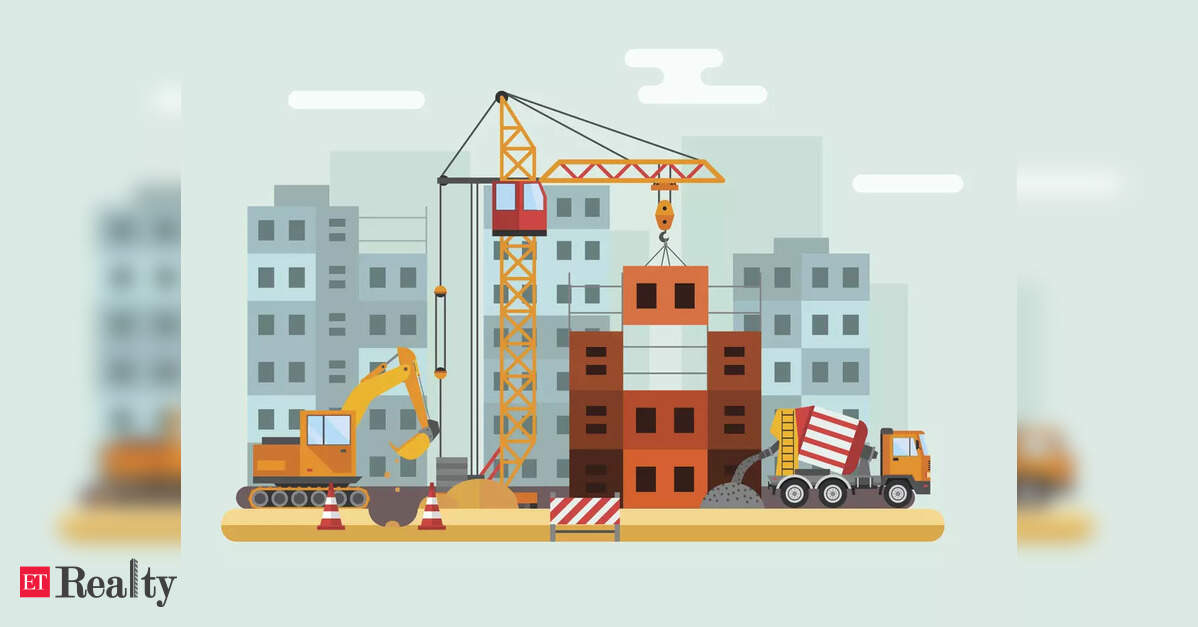
PUNE: The state government is set to introduce a new set of draft rules for cooperative housing societies within two weeks, confirmed officials from the cooperation department on Monday.
The proposed amendments are aimed at minimizing conflicts, simplifying the redevelopment process, and enhancing transparency in the operations of societies throughout the state.
A significant aspect of the draft includes a reduction in interest on maintenance dues from 21% to 12%—a change residents believe has been long overdue. Additionally, the rules will allow for hybrid AGMs, mandatory video recording of redevelopment meetings, and permit societies to secure redevelopment loans based on the assessed value of their land, contributing to greater autonomy in self-redevelopment.
Kiran Sonawane, deputy registrar of cooperative housing societies and a key architect of the rules, stated, “The draft has received positive feedback and is expected to be approved within two weeks by the law and judiciary department.”
He further emphasized, “Penalties should serve as a deterrent, not a revenue source for societies. The interest rate reduction to 12% is a crucial reform, along with the introduction of hybrid AGMs for redevelopment and giving societies more financial freedom.”
Residents in Pune, home to thousands of cooperative societies, have expressed relief at the proposed interest rate cap. Anjali Deshmukh, a retired teacher from Kothrud, remarked, “The previous 21% penalty was nearly predatory, especially for seniors like myself on fixed incomes. The suggested 12% cap is a reasonable resolution.”
Ravi Mehta, a Baner resident, noted that this change would alleviate financial burden on middle-class families. “A minor delay in payments could escalate into a significant issue. This demonstrates that the government understands our challenges.”
Pooja Kulkarni, a single mother from Wakad, commented, “The worry of increasing dues has been stressful. A lower interest rate gives me a chance to catch up without facing severe penalties.”
The new rules will also formally recognize commercial entities within societies as “premises societies,” ensuring their inclusion in redevelopment processes. Additionally, a new category of provisional members will be introduced, allowing nominees to engage in society matters, including voting, until legal ownership is established.
Sonawane pointed out that many of these measures were previously covered by society by-laws but are now being formalized. “Once implemented, societies must amend their by-laws accordingly,” he mentioned. “The goal is to lessen ambiguity, reduce government intervention, and empower societies to operate with greater independence.”
Advocate Shreeprasad Parab, expert director of the Maharashtra State Cooperative Housing Federation, stated that the proposed changes to the Maharashtra Cooperative Societies (MCS) Rules, 1961, stem from thorough consultations led by the commissioner for cooperation in partnership with federation directors. “These discussions, informed by feedback from various stakeholders, have resulted in a progressive legislative proposal intended to address essential gaps,” he added.
With over 1.25 lakh cooperative housing societies and more than two crore members in Maharashtra—70% based in the Pune and Mumbai Metropolitan Regions—the new regulations are expected to significantly transform the functioning of housing societies, according to officials involved in drafting them.
The proposed draft rules also include:
- Permitting societies to borrow up to 10 times the government-assessed land value for self-redevelopment
- Allowing hybrid AGMs, requiring either 20 members or two-thirds of the total strength present, whichever is lower
- Facilitating reconvened AGMs without attendance quorum if the original meeting is dissolved
- Mandating video recording of meetings related to redevelopment
- Equally distributing common service charges, with water charges based on the number of taps per flat
- Annual collection of a sinking fund (minimum 0.25%) and repair/maintenance fund (minimum 0.75%) based on construction costs




